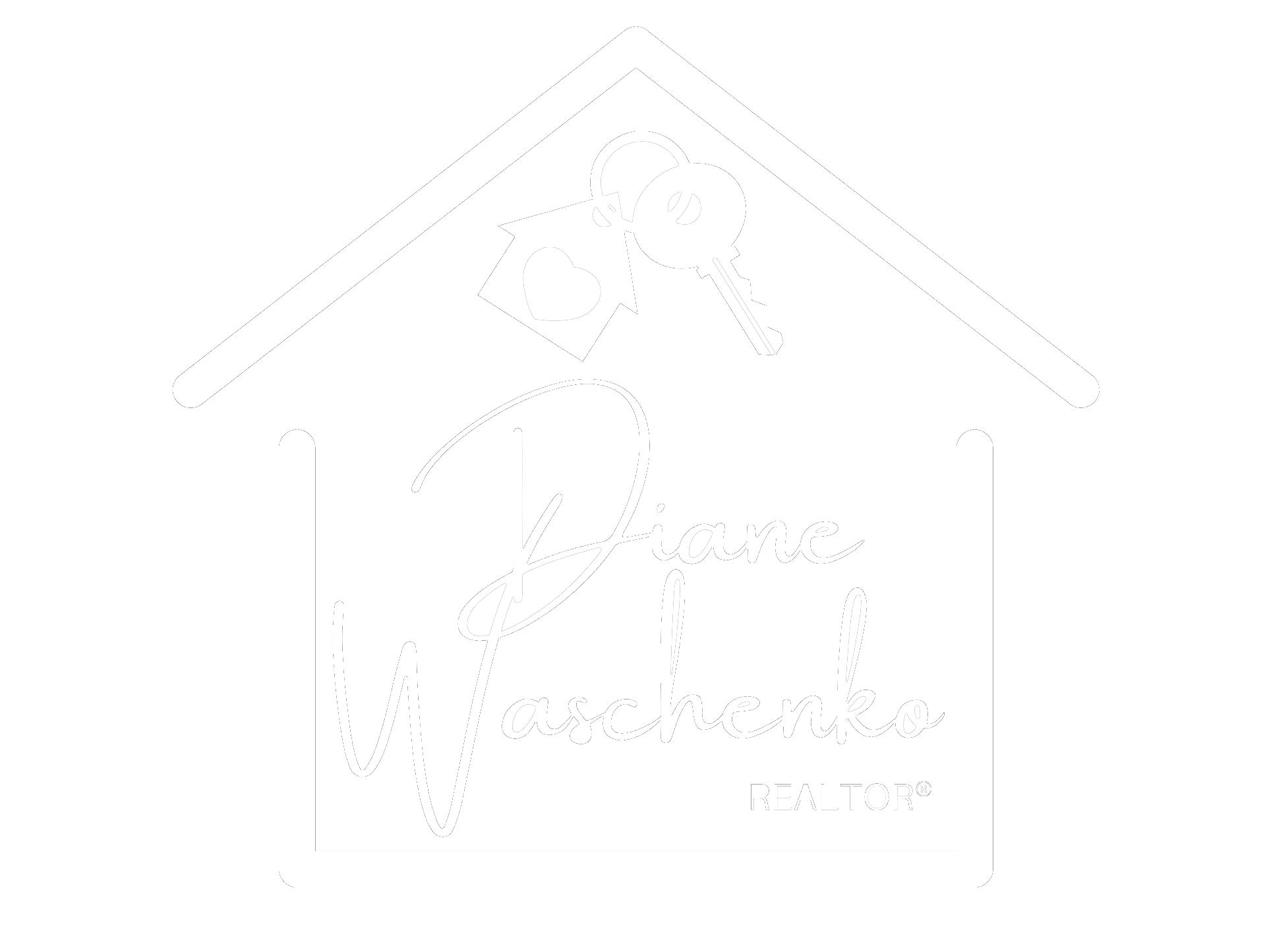Purchasing a home is a significant milestone and one of the most substantial financial decisions most people will make in their lives. Determining how much you can afford to spend on a home requires careful consideration and thorough calculation to ensure that the investment is sustainable and within your financial means. Here are the essential steps to calculate how much you can afford to spend on a home, covering key factors such as your income, debt, savings, and lifestyle.

Assessing Your Income
The first step in determining your home-buying budget is to assess your income. This includes not only your salary but also any additional sources of income such as bonuses, commissions, rental income, or investment returns. It’s crucial to consider your gross income (before taxes) and your net income (after taxes and other deductions). Lenders typically use your gross income to assess how much you can borrow, but your net income gives a more realistic picture of your monthly cash flow.
Gross Income
Lenders often use a general rule of thumb called the “28/36 rule” to evaluate your ability to afford a mortgage. This rule states that your monthly housing expenses (including mortgage, property taxes, and insurance) should not exceed 28% of your gross monthly income, and your total debt payments (including housing expenses, car loans, student loans, and credit card payments) should not exceed 36% of your gross monthly income.
Net Income
While lenders focus on gross income, it’s wise to use your net income when planning your budget. This ensures you account for taxes, retirement contributions, and other deductions. Calculate your monthly net income by subtracting these deductions from your gross income. Knowing your net income helps you understand how much you have available for housing expenses without stretching your budget too thin.
Evaluating Your Debt
Debt plays a crucial role in determining your home affordability. High levels of debt can limit your borrowing capacity and strain your finances. To evaluate your debt, calculate your debt-to-income (DTI) ratio. This ratio compares your monthly debt payments to your gross monthly income.
Calculating Your Debt-to-Income Ratio
To calculate your DTI ratio, add up all your monthly debt payments, including:
- Mortgage (if you have one)
- Car loans
- Student loans
- Credit card payments
- Other loans
Next, divide the total monthly debt payments by your gross monthly income and multiply by 100 to get a percentage. For example, if your total monthly debt payments are $1,500 and your gross monthly income is $5,000, your DTI ratio is 30%.
Most lenders prefer a DTI ratio of 36% or lower. A lower DTI ratio indicates better financial health and a higher likelihood of loan approval. Aim to reduce your debt before purchasing a home to improve your affordability.
Determining Your Down Payment
The down payment is a critical factor in home affordability. It’s the upfront payment you make when purchasing a home, typically expressed as a percentage of the home’s purchase price. A larger down payment reduces the loan amount and monthly mortgage payments, making the home more affordable.
Saving for a Down Payment
Most conventional loans require a down payment of at least 20% to avoid private mortgage insurance (PMI), which adds to your monthly expenses. However, some loans, such as FHA loans, require as little as 3.5% down. Consider your savings and how much you can reasonably allocate for a down payment without depleting your emergency fund or other financial goals.
Down Payment Assistance Programs
If saving for a large down payment is challenging, explore down payment assistance programs. These programs, often offered by state and local governments or nonprofit organizations, provide grants, loans, or tax credits to help homebuyers with their down payment and closing costs.
Estimating Closing Costs
In addition to the down payment, you’ll need to budget for closing costs, which include fees and expenses associated with finalizing the home purchase. Closing costs typically range from 2% to 5% of the home’s purchase price and may include:
- Appraisal fees
- Home inspection fees
- Loan origination fees
- Title insurance
- Attorney fees
- Prepaid property taxes and insurance
Preparing for Closing Costs
Include closing costs in your home affordability calculations. For example, if you’re purchasing a $300,000 home, expect to pay between $6,000 and $15,000 in closing costs. Having a clear understanding of these costs ensures you’re financially prepared for the home-buying process.
Considering Your Lifestyle and Future Goals
When determining how much you can afford to spend on a home, it’s essential to consider your lifestyle and future goals. Your mortgage payment should align with your overall financial plan and allow you to maintain your desired lifestyle.
Monthly Budget
Create a detailed monthly budget that includes all your expenses, such as:
- Housing (mortgage, property taxes, insurance, utilities)
- Transportation (car payments, gas, insurance, maintenance)
- Food (groceries, dining out)
- Healthcare (insurance, out-of-pocket expenses)
- Savings (retirement, emergency fund, other goals)
- Entertainment and recreation
- Miscellaneous expenses
Future Goals
Consider your future financial goals, such as:
- Retirement savings
- College savings for children
- Travel and vacations
- Home improvements
- Starting a business
Ensure your mortgage payment allows you to save for these goals without compromising your financial stability.
Using Online Calculators and Tools
Several online calculators and tools can help you estimate how much you can afford to spend on a home. These tools consider factors such as your income, debt, down payment, interest rates, and loan terms to provide a personalized estimate. Some popular home affordability calculators include:
- Bankrate’s Home Affordability Calculator
- NerdWallet’s Home Affordability Calculator
- Zillow’s Affordability Calculator
Inputting Accurate Information
When using these calculators, input accurate information to get the most reliable estimate. Adjust the variables, such as interest rates and loan terms, to see how different scenarios affect your affordability.
Getting Pre-Approved for a Mortgage
Once you have a clear understanding of your home affordability, consider getting pre-approved for a mortgage. Pre-approval involves a lender reviewing your financial information, credit history, and income to determine how much they’re willing to lend you. A pre-approval letter strengthens your position as a serious buyer and provides a more accurate estimate of your home-buying budget.
Benefits of Pre-Approval
- Provides a realistic budget: Pre-approval gives you a clear picture of how much you can borrow, helping you focus on homes within your price range.
- Strengthens your offer: Sellers are more likely to take your offer seriously if you have a pre-approval letter.
- Identifies potential issues: Pre-approval can uncover any financial issues that need to be addressed before purchasing a home.
Calculating how much you can afford to spend on a home requires careful planning and consideration of various financial factors. With thorough preparation and a clear understanding of your financial situation, you can confidently navigate the home-buying process and make a sound investment in your future.
Confused? Let me help! Contact Diane Waschenko at 914.447.5847
